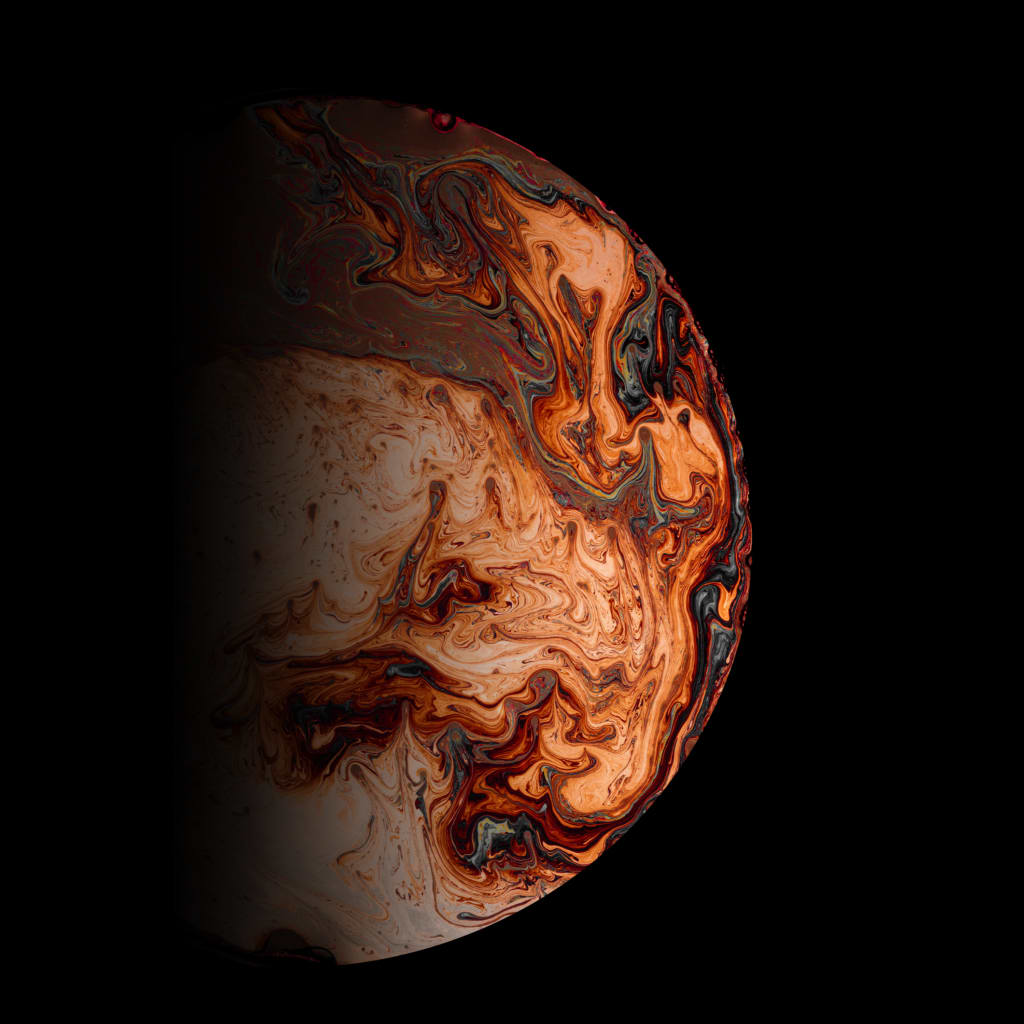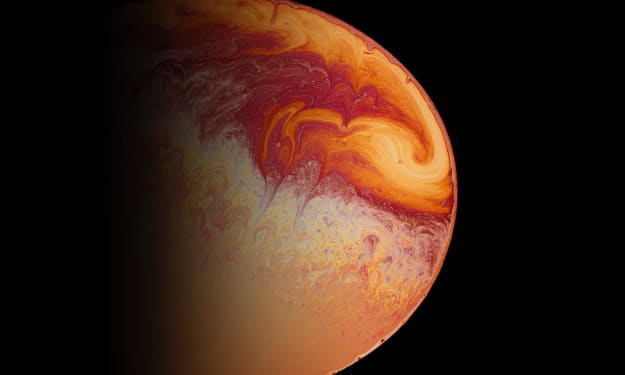"Mars: The Cosmic Warrior - Unveiling the Mythology and Legacy of the Red Planet."
The fact that Mars is named after the Roman god of war.

Introduction:
In the celestial dance of our solar system, Mars, the fourth planet from the Sun, commands attention with its distinctive reddish glow and enigmatic allure. Named after the Roman god of war, Mars has been a celestial companion to humanity throughout history, inspiring myths, shaping cultures, and beckoning explorers to unravel its mysteries. In this exploration, we delve into the mythology, cultural impact, and scientific significance of Mars, the cosmic warrior that has left an indelible mark on the human imagination.
Chapter 1: A Celestial Guardian.
Mars, known as "Ares" in Greek mythology, was revered as the god of war and a celestial guardian. The Roman adaptation of this deity, Mars, inherited the mantle of war and became a symbol of strength, courage, and military prowess. The association with conflict and the fervent red hue visible in the night sky contributed to Mars' role as a celestial harbinger of battles.
The Romans believed that the positioning and movements of celestial bodies held significance for earthly affairs, and Mars, with its bright appearance, was often interpreted as an omen or guide for military endeavors.
Chapter 2: The Red Hue: Symbolism and Imagination.
The reddish appearance of Mars, attributed to the presence of iron oxide on its surface, fascinated ancient observers. The color evoked imagery of blood and fire, further reinforcing its association with the god of war. Across cultures, Mars became synonymous with both the destructive forces of conflict and the enduring qualities of valor and heroism.
The red hue of Mars inspired poets, philosophers, and artists, who wove tales and created works that captured the mystique of the cosmic warrior. From ancient myths to Renaissance paintings, Mars became a celestial canvas upon which human imagination painted tales of conquest, struggle, and the eternal dance between chaos and order.
Chapter 3: Myths and Legends.
In Roman mythology, Mars was considered the son of Jupiter (Zeus in Greek mythology) and Juno (Hera in Greek mythology). This divine lineage placed Mars in a position of high esteem, and he was often invoked as a patron deity of Rome. His connection to the founding of the city and its military might elevated Mars to a central role in Roman religious practices.
Myths surrounding Mars depicted him as a fearless and valiant warrior, riding a chariot drawn by two powerful steeds. He was often portrayed with a spear and a shield, embodying the martial spirit that the Romans held in high regard.
Chapter 4: Mars in Astrology.
The influence of Mars extended beyond mythology into the realm of astrology. In ancient astrological traditions, Mars was associated with the principles of energy, assertiveness, and the driving force of ambition. The position of Mars at the time of one's birth was believed to influence personality traits related to courage, determination, and the pursuit of goals.
In astrological symbolism, Mars is often represented by the glyph resembling a circle with an arrow pointing diagonally upward to the right—a symbol synonymous with masculine energy and the god of war's dynamic influence.
Chapter 5: Mars in Modern Science.
As humanity's understanding of the cosmos advanced, Mars transitioned from a celestial symbol to an object of scientific inquiry. Telescopic observations revealed Martian features, including polar ice caps, expansive plains, and towering volcanoes. The scientific exploration of Mars intensified with the launch of robotic missions, such as the Mariner and Viking spacecraft, which conducted flybys, orbiters, and landers to study the Red Planet.
The rich geological history and the potential for past or present life on Mars have made it a focal point for planetary scientists. Contemporary spacecraft, including the Mars rovers such as Spirit, Opportunity, Curiosity, and Perseverance, continue to unveil the mysteries of Mars' surface, atmosphere, and climate.
Chapter 6: Mars in Popular Culture.
Mars has permeated popular culture, becoming a symbol not only of celestial wonder but also of human aspirations for exploration and colonization. From science fiction novels to blockbuster movies, the allure of the Red Planet has inspired countless tales of adventure, survival, and the quest for new frontiers.
In the realm of space exploration, Mars has emerged as a target for potential human missions. Visionary plans for crewed missions, colonization, and the dream of establishing a human presence on Mars underscore the enduring impact of the celestial warrior on contemporary society.
Chapter 7: The Search for Life.
One of the most compelling aspects of Mars is the question of life—past, present, or potential future existence. The Martian landscape, with its ancient riverbeds and subsurface water ice, hints at a complex geological history that may have included conditions suitable for life. Scientists are exploring the possibilities of microbial life or the remnants of past life on Mars, searching for extraterrestrial life a central theme in Mars exploration.
Chapter 8: The Next Frontier.
As humanity looks toward the future, Mars looms large as a potential destination for human exploration and even colonization. Proposals for crewed missions, plans for establishing bases, and the development of technologies to sustain human life on Mars represent the next frontier in space exploration.
The quest for Mars is not merely a scientific endeavor but a testament to the enduring fascination with the cosmic warrior that has beckoned humanity for millennia. Whether through the lens of mythology, astrology, or scientific exploration, Mars stands as a celestial beacon, challenging us to reach for the stars and forge a path to the Red Planet.
Conclusion:
Mars, the Roman god of war, has transcended its mythological roots to become a symbol of human ingenuity, exploration, and the quest for understanding the cosmos. From ancient myths to contemporary science, Mars has left an indelible mark on the human imagination, inspiring us to gaze at the night sky with wonder and contemplate the mysteries of the celestial realms. As we continue to explore the Red Planet and dream of the possibilities it holds, Mars remains a cosmic companion in our ongoing journey of discovery and exploration.





Comments
There are no comments for this story
Be the first to respond and start the conversation.